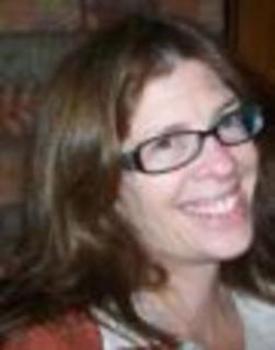Question
What is "Markedness Theory" or "Universal Markedness Theory"?
Answer
"Markedness Theory" or "Universal Markedness Theory" (UM) is a newer theory than Native Language Interference (NLI) Theory and helps explain phonetic data that the NLI theory cannot easily explain. UM theory states that regardless of whether a speaker's first language includes a given phoneme or not, some phonemes or types of phonemes are inherently more difficult to produce because they are rare or "marked", meaning they do not exist in most languages of the world. The "most languages of the world" phrase in this statement is the trickiest, most debatable part of this UM theory. What is perhaps most interesting and useful about understanding UM theory is that children show more difficulty accurately producing phonemes that are marked. Yavas (1998) has pointed out that phonemes of the world's languages and patterns of children's acquisition are two fields of data that have a lot in common. For example, some phonemes, like fricatives, are inherently more difficult for children, and presumably, for ESL speakers too, simply because they are marked (i.e. fricatives are found in 73% of all 693 languages studied (Locke, 1983). About 75% of 438 English-speaking children show fricative production errors, showing similar rank-ordering, compared to stop consonants which are universal, or unmarked, that is, prevalent in all languages of the world and rarely produced in error by children. So, no matter what a speaker's native language is, some phonemes are more likely to be produced with errors because they are marked or inherently more difficult sounds to produce. Interdentals are a classic example of marked phonemes that are often mis-articulated by children, nonnative speakers of English, and, of course, by speakers from Chicago, with pride (e.g. "Da Bears!")
This Ask the Expert was taken from the course entitled: Phonetics Review and Applications for the Practicing Clinician presented by Lisa R. LaSalle, Ph.D., CCC-SLP.
Visit the SpeechPathology.com library to view our latest live, recorded, and text-based courses on a variety of topics.
Dr. Lisa LaSalle is a professor and ASHA Board Recognized Specialist in Fluency Disorders, a practicing clinician and clinical supervisor in the Department of Communication Sciences & Disorders at the University of Wisconsin-Eau Claire. Dr. LaSalle has taught phonetics for the past 16 years. Her research has included phonological aspects of stuttering and cluttering.

